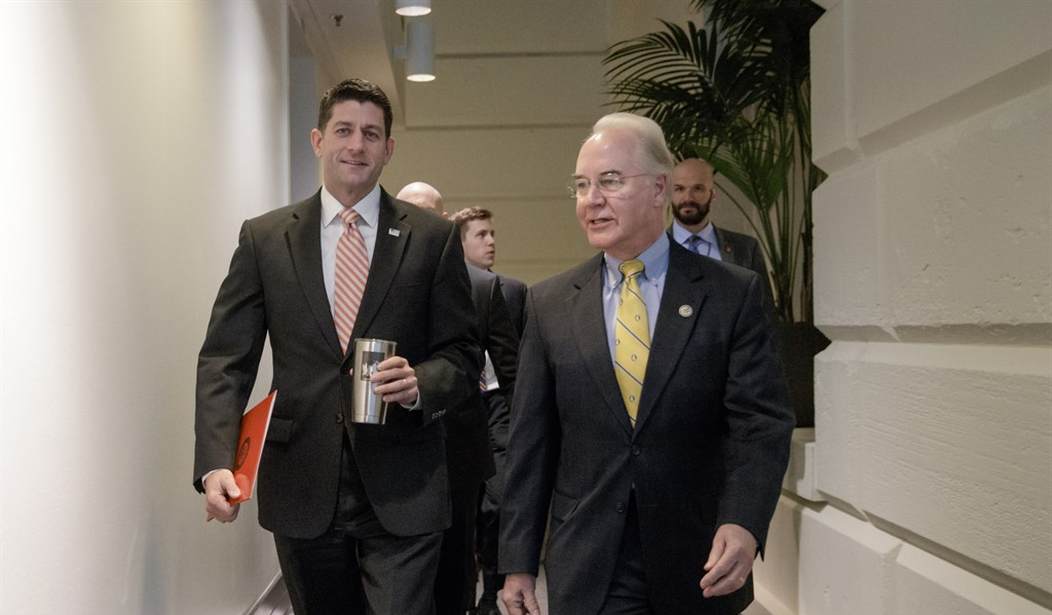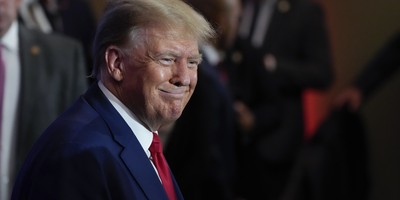President Ronald Reagan was known as “The Great Communicator.” He did not have the assistance of a compliant media as his successors, Bill Clinton and Barack Obama, had during his two terms in office. He also had to deal with a Democratic majority in the House of Representatives led by Speaker Thomas “Tip” O’Neill who provided rigid opposition to his domestic and defense policies.
Yet Ronald Reagan was successful in carrying out his agenda and given the enormity of his electoral victories, is considered one of America’s most beloved Presidents. How did he do it? In great part, the answer was his ability to bypass detractors and take his message directly to the American people.
This is where the left calls him an “actor”, suggesting that his presence was merely the result of his experience in front of a microphone or camera. All style with little substance. Of course this assessment of President Reagan’s fitness to lead is completely skewed and inaccurate.
While President Reagan possessed a warm, commanding dignity he would be the first to point out that he connected with people not by how he was communicating, but rather by what he was saying. In her book, Simply Speaking, former Reagan speechwriter Peggy Noonan remembers her boss as one who “didn’t say things in a big way, he said big things”. And these big things clearly resonated with Americans throughout his presidency. Reagan saw what he was communicating as coming from the heart of America and originating from our principled beliefs, experience and wisdom.
It’s now 2017. President Donald Trump is in office and faced with the prodigious task of fixing the enormous mess made by Barack Obama and his Democratic accomplices, including the ruse known as Obamacare. President Trump has started strong in this effort by appointing Dr. Tom Price as Secretary of Health and Human Services. After an unnecessary lengthy confirmation process, Secretary Price is now in place and assembling the team that will ultimately oversee the replacement of Obamacare.
Recommended
What can the Secretary learn from The Great Communicator? Perhaps when it comes time to consider alternative health care reform plans, he could do what Reagan did. That is to appeal to America’s common sense as well as the Reagan references to our principled beliefs, experience and wisdom. Health care is an emotional, personal concern for most Americans and any changes to it must be carefully and compassionately shared to all those involved, including patients, physicians and every entity responsible for the delivery of services.
And unlike during the Reagan years, many more media outlets exist now to ensure the right message gets to the American people. Savvy use of social media would also blunt the expected, organized hysteria the left will surely unleash to oppose any Republican health care reform package. There are also advocacy groups comprised of everyday Americans who stand ready to provide any means of support for a reform plan designed to replace Obamacare.
However, one huge component of communicating health care reform can’t be taken for granted, that is Congressional outreach. No assumptions projecting Republican amenability regarding any reform plan must be made. A clear, consistent communication strategy articulating reform and the reasons for it, must be crafted and executed. If it entails feet on the street (or on the Hill) conducting multiple meetings with members of Congress to ensure the message has been received and understood, so be it. This strategy will also include appealing to some Democrats, particularly those in red states who may be more motivated to consider a plan to replace Obamacare given the current political climate and landscape.
There will be many factors that contribute to a successful health care reform plan, but an effective messaging platform will be paramount to marshalling the momentum for change. Thankfully, the Reagan template endures, ready for its time-tested application to this noble cause.
























Join the conversation as a VIP Member